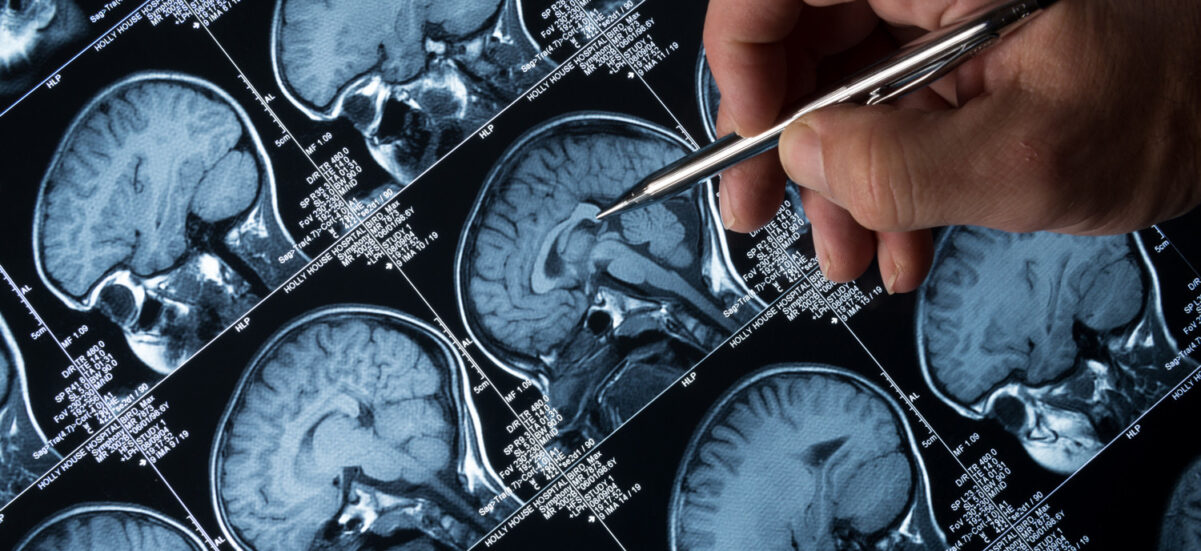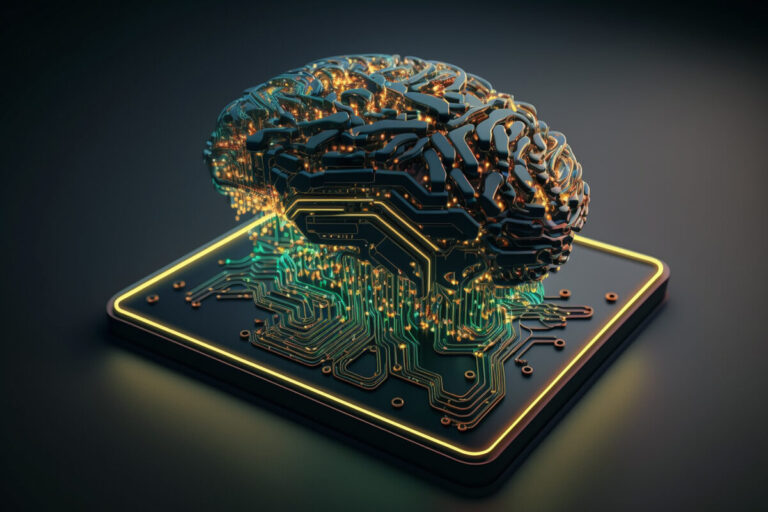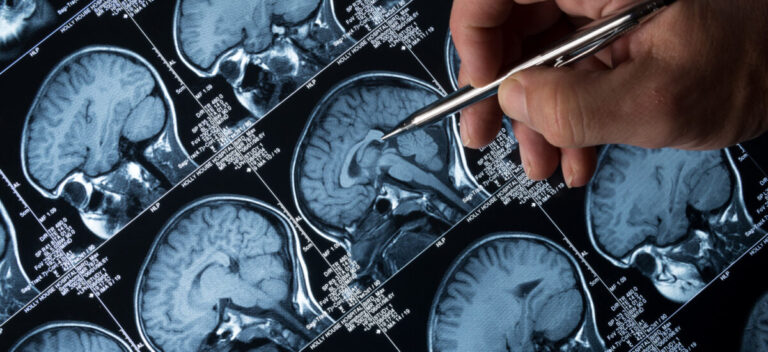
Which Jobs Will Be Replaced by Artificial Intelligence? Risks, Trends, and Opportunities for the Future Workforce
The introduction of artificial intelligence (AI) is not just a trend it’s one of the defining transformations of modern society that will affect everyone. Today, we already see the first effects: hundreds of professions are being automated, while the demand for skills that seemed exotic just a few years ago is growing. What will truly happen to the job market in the next 5-10 years? Which jobs will disappear, which will emerge, and how can we adapt? We analyze these questions based on international research and real cases.
AI technologies can automate information processing, data analysis, decision-making, and even creative activities. Their impact is most noticeable in areas where much of the work is repetitive, template-based analytics, or mechanical data processing.
According to industry leaders such as Jensen Huang (Nvidia) and Dario Amodei (Anthropic), AI “will affect every profession,” though the extent of change will vary depending on the depth of automation and the creative potential of workers.
The World Economic Forum, McKinsey, PwC, and Gartner forecast that by 2030, the share of current jobs will decrease significantly as new roles emerge.
Jobs Most at Risk of Disappearing
Routine Office Work and Basic Analytics
This includes data entry operators, junior accountants, paralegal assistants, administrative assistants, and entry-level call center staff.
Why are they disappearing? AI systems already perform these tasks faster and more accurately, processing thousands of documents in minutes. Automated solutions in accounting, law, and HR enable companies to reduce costs and minimize errors.
Cashiers and Retail or Banking Employees
Self-checkout systems, cashierless stores, automated terminals, and banking chatbots are replacing people.
Forecast: According to McKinsey, up to 80% of cashier positions could disappear in developed countries by 2030.
Entry-Level Analytical and Quality Control Positions
Junior analysts, manual testers, and production line quality controllers.
Why are they at risk? Routine checking and simple analysis are easily replaced by neural networks and specialized software.
Transport and Logistics
Drivers on standard routes (trucks, taxis, public transport) will be affected as autonomous vehicles are introduced.
Global examples: Amazon, Walmart, UPS, Tesla, and others are already experimenting with robotic warehouses, drones, and autopilots.
Production and Warehouse Operators
Robotics and AI allow for the automation of warehousing, packaging, sorting this is not the future, but the reality of today’s major logistics centers.
Jobs That Will Be Transformed, But Not Disappear
Accountants, Auditors, Lawyers
AI will take over routine tasks, but professionals will still be needed for complex analytics, tax planning, litigation, and strategic decisions.
Transformation: More analytics, work with AI systems, and developing new approaches.
Doctors, Pharmacists, Nurses
AI supports diagnostics, robotic surgery is evolving, but the human role remains crucial in decision-making, ethics, and interpersonal interaction.
Teachers, Trainers, Mentors
Education is becoming more flexible: AI enables personalized learning and automated assessment, but the role of a mentor and motivator remains uniquely human.
Journalists, Editors, Copywriters
AI automates some news creation, trend analysis, and translation, but the demand for in-depth analysis, investigations, and fact-checking is only increasing.
Jobs That Will Emerge in the Age of AI New and Hybrid Roles
1. Technological and Analytical Specialties
- AI/ML engineers, solution architects, AI integrators;
- next-generation data analysts (data scientists, data curators);
- ethical consultants, explainable AI specialists;
- operators, controllers, instructors for AI systems and autonomous equipment.
2. The New Creative Industry
- art directors, designers with AI skills;
- interactive media producers, consultants for virtual experience creation;
- digital communications specialists, brand strategists, developers of unique concepts.
3. Education, Reskilling, Adaptation
- trainers and coaches for AI literacy development;
- business consultants for AI implementation;
- specialists in reskilling, career mentors for adults.
4. Future Industries
- operators of robotic complexes, smart city and energy networks;
- data protection and cybersecurity specialists;
- experts in biotechnology, AI integration in medicine, ecology, and energy.
5. Why the Disappearance of Some Jobs Is an Opportunity for New Ones: Expert Opinion
Jensen Huang (Nvidia):
“All professions will change under the pressure of AI, but it’s a matter of ideas, education, and innovation. If we stop developing, we’ll lose jobs; but if society remains open to new approaches, AI will become a driver for entirely new industries.”
Dario Amodei (Anthropic):
“AI could reduce up to half of simple office jobs over five years, but it will also create demand for absolutely new hybrid roles.”
The World Economic Forum estimates that by 2027, more than 69 million new jobs will emerge in IT, analytics, data science, AI management, and the creative economy.
6. What to Do Now: Recommendations for Those Who Want to Stay Relevant
- Continuous learning: develop digital, creative, and analytical skills; remain flexible in career choices.
- Master AI as a tool: courses in data science, prompt engineering, neural networks, and programming are already standard in many fields.
- Don’t fear change: reskilling is not a “defeat,” but a natural path in the new world.
- Track trends and update your CV for market needs: adapt your skills and look for your place in the new economy.
AI will not destroy work as a phenomenon it will transform its meaning and requirements. The coming decade will see the disappearance of old and the emergence of new professions, hybrid roles, and new demands for knowledge, ethics, and collaboration. Those who are ready to learn, be flexible, and embrace change will succeed. The technological revolution poses risks for routine jobs but opens vast opportunities for those who think more broadly.














